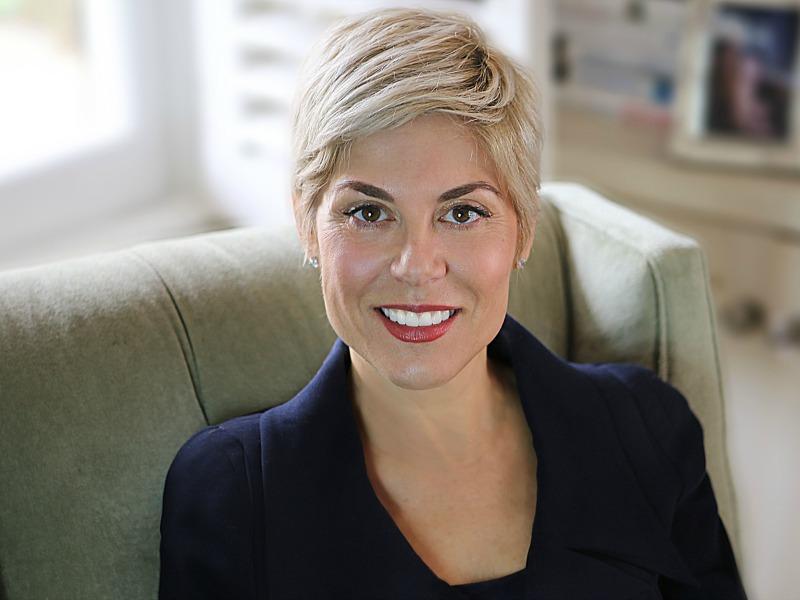Law alumna: More drinking fountains, fewer plastic bottles
A Tulane Law alumna who is a leading voice to ban single-use plastic straws has co-authored a report seeking to do the same with plastic bottles.
The report by drinking water experts Lisa Kaas Boyle (L'90), co-founder of Plastic Pollution Coalition and legal policy advisor to WeTap, and Evelyn Wendel is published by the Tulane Institute on Water Resources Law and Policy and is titled “Public Drinking Water Policy on Tap at a Fountain Near You." Arguing that the social shift to plastic bottled water has resulted in detrimental consequences for the environment, human health, and economics, the report promotes public drinking fountains as one way to solve a panoply of problems from plastic pollution to obesity, tooth decay, dehydration, economic injustice and even climate change.
“The time is now to turn on the tap for water access in our public venues," said Boyle, a California environmental lawyer. "Plastic bottled water is polluting our environment and endangering our health and welfare. It’s our water -- not the corporations’ that bottle it and sell it with misleading advertising. We have a human right to water, and we need to call upon our government to protect it and provide the infrastructure to deliver it safely and where we need it.”
The paper notes that with notable exceptions that have raised public outcry, most municipal water agencies in the United States provide some of the best quality drinking water in the world. The researchers argue that bottled water is a waste of public dollars and the environmental damange in producing and delivering it, coupled with the disposal of plastic, has significant ramifcations on the environment. Plastic has found its way into the human food chain with research linking it to a number of diseases, including cancer.
Boyle's environmental activism harks back to her days as a Tulane Law student where she used First Amendment public-forum doctrine to help Greenpeace get a display on the downside of petrochemicals into the lobby of Louisiana’s Department of Natural Resources headquarters. As an attorney, she was a leader in a coalition that pushed a ban on microbeads through the California Legislature in September 2015. Within months, Congress had approved an even stronger bill that would take microbead-containing rinse-off cosmetics off store shelves starting in 2017.
Last year, she was instrumental in California's ban of plastic straws.
The report is published by the Tulane Institute on Water Resources Law and Policy, which is part of the Tulane Center for Environmental Law. Read it here.

